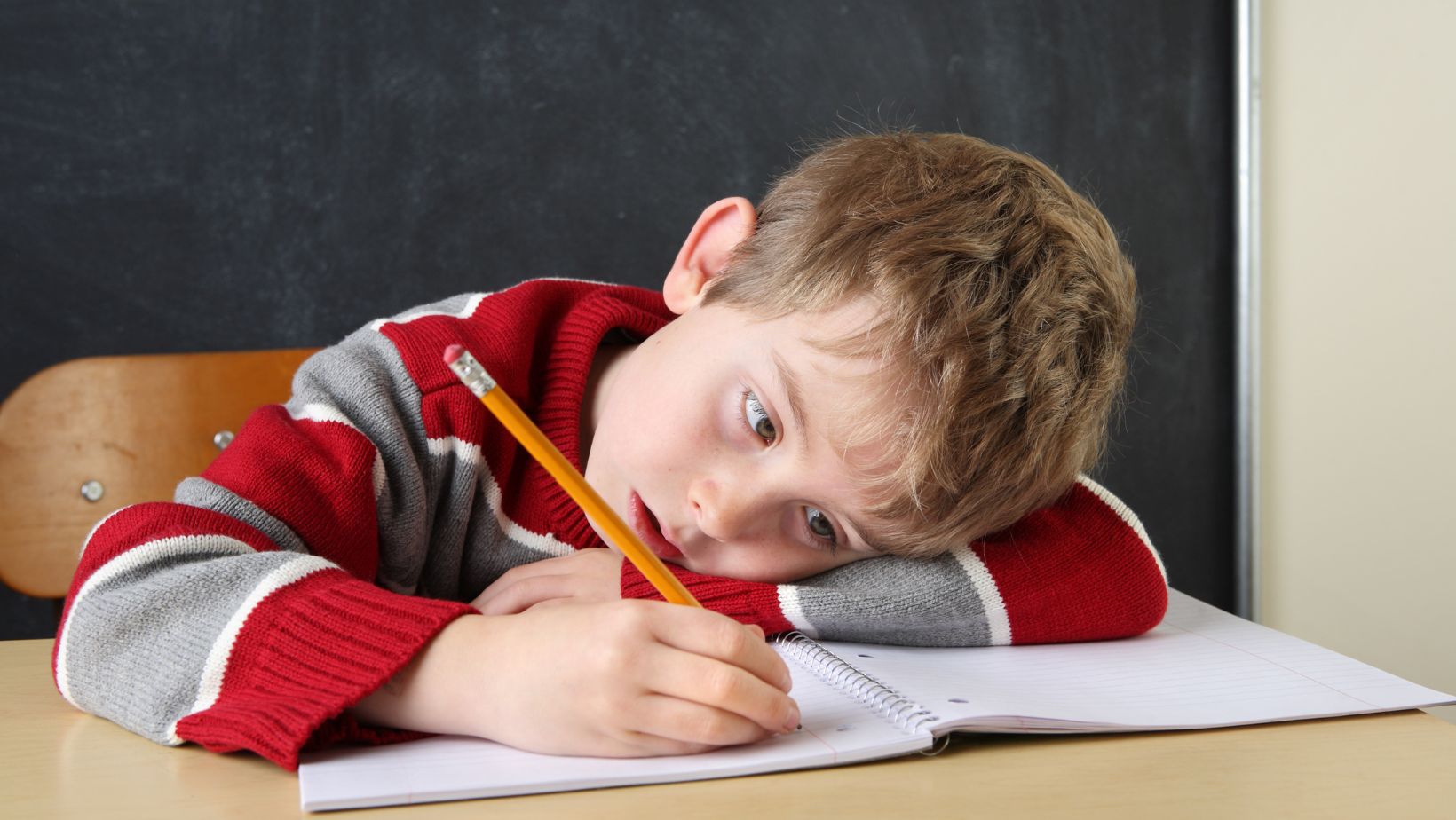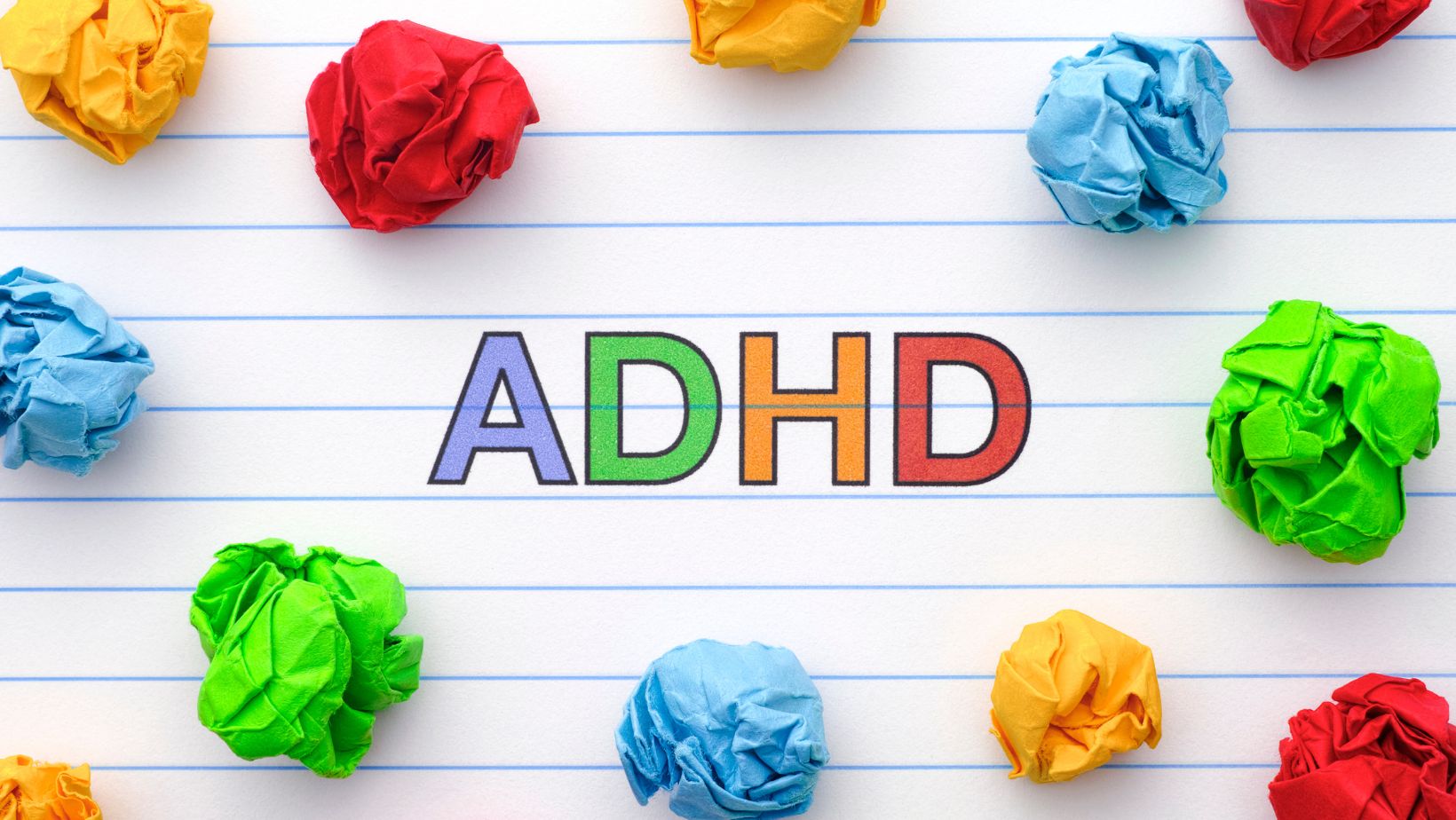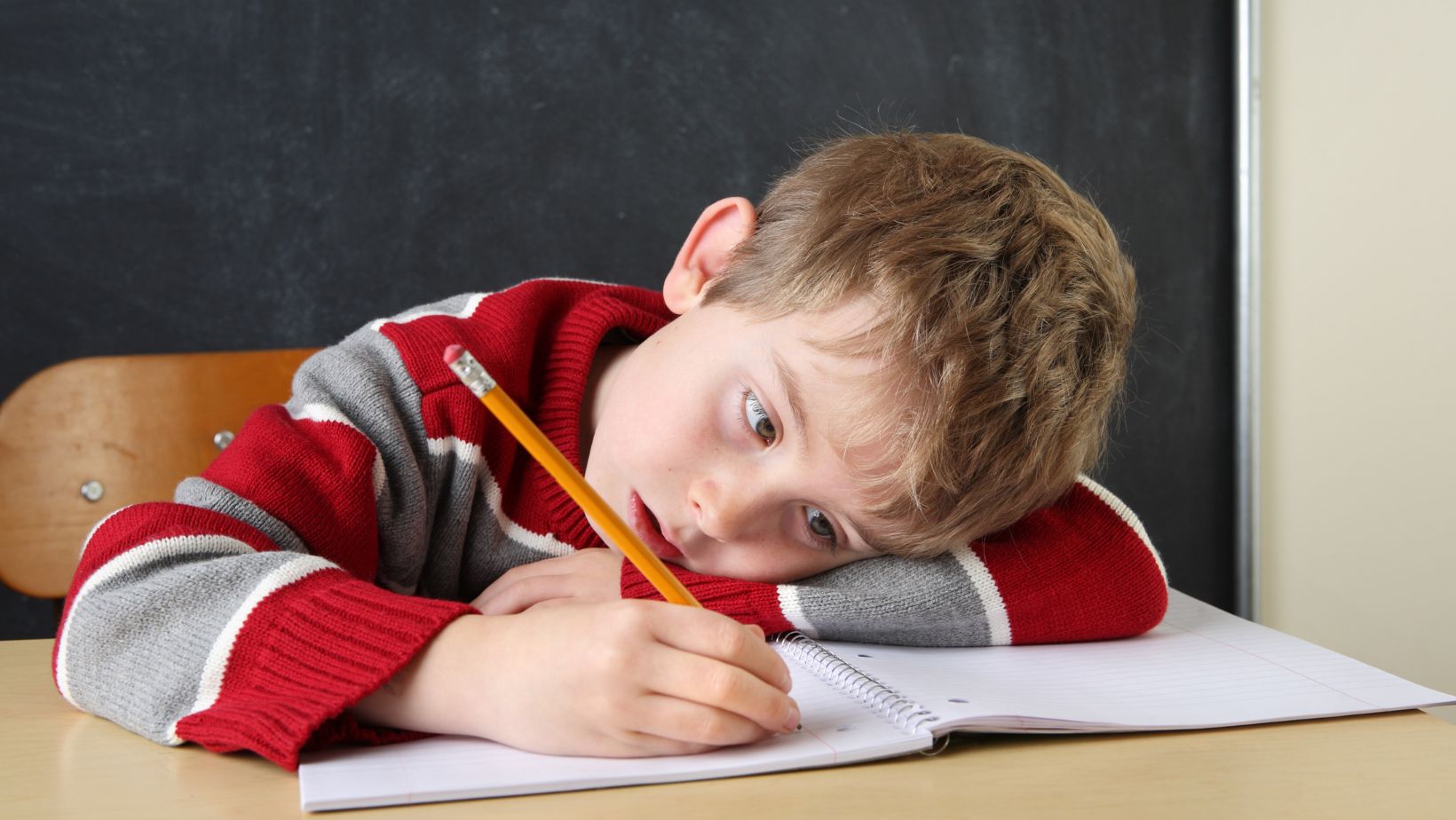Kids with ADHD frequently have difficulties with short-term memory, which affects their capacity to hold and process data. Card games that involve matching offer a stimulating method to boost memory abilities in these children. These games encourage children to recall visual details and locations, thereby exercising their working memory and enhancing cognitive function.
Card matching activities offer an organized yet entertaining strategy for memory enhancement. These activities necessitate concentration, meticulousness, and rapid memory recall – all areas in which children with ADHD may require additional assistance. By integrating these games into everyday routines, parents and teachers can help enhance a child’s memory skills in a pleasurable way.
Regular practice with memory-enhancing games can lead to improvements in other areas of a child’s life. Better short-term memory often translates to enhanced performance in school, improved social interactions, and increased confidence. Exploring how to improve memory with ADHD through such games can be a valuable step in supporting a child’s overall development. This information is meant for educational purposes and should not be used as a substitute for medical advice. Always consult a qualified healthcare provider for guidance specific to your health.
Key Takeaways
- Playing matching card games can improve short-term memory abilities in children diagnosed with ADHD.
- Practicing memory regularly can enhance academic achievements and social interactions.
- Incorporating enjoyable, structured activities can assist with cognitive development in children with ADHD.
Memory Enhancement Strategies for Children with ADHD
Targeted strategies aimed at enhancing working memory and executive functioning skills can be beneficial for children with ADHD. These methods can improve attention, organization, and information retention in everyday life and academic environments.
Understanding Working Memory in ADHD
Working memory, an essential part of executive functioning, enables people to retain and work with information for brief periods. Kids with ADHD frequently experience challenges with working memory, affecting their capacity to obey instructions, finish tasks, and absorb new knowledge.
Challenges such as forgetting homework assignments, struggling with multi-step directions, or having trouble keeping track of belongings can show up in children. Identifying these signs enables parents and educators to put in place suitable support strategies.
Developing Effective Routines and Exercises
A child’s ability to retain and process information can be greatly enhanced by establishing regular routines and performing exercises that boost memory. Concrete reminders and structure for daily tasks can be provided by visual aids like checklists and schedules.
Playing memory games, such as matching card games, can be enjoyable and advantageous.

These activities fortify the neural pathways linked to working memory. Introducing short, consistent practice sessions into the child’s daily routine can result in significant progress over time.
Using timers and reminders can assist children in maintaining their focus on tasks and cultivating their time management abilities. Dividing more substantial assignments into smaller, more manageable steps can lessen mental strain and enhance the completion of tasks.
Fostering Executive Functioning Skills
It’s vital for children with ADHD to improve their executive functioning skills to effectively manage their memory challenges. Activities such as problem-solving exercises and decision-making tasks can strengthen these skills.
Educating children on note-taking strategies aids in the organization and prioritization of information. Promoting the use of planners or digital task management tools fosters self-reliance and lessens dependence on external cues.
Strategies for emotional regulation, like mindfulness exercises, can enhance concentration and attention. By helping kids control impulsivity and hyperactivity, these methods foster an environment more favorable for learning and retaining information.
Educational Games and Activities to Improve Memory
A variety of interesting activities can greatly improve children’s memory skills. These activities can vary from traditional card games to technology-oriented solutions and mindfulness exercises.
Card Games to Boost Memory and Focus
Memory matching games can significantly enhance short-term memory. These games, which involve flipping cards to find matching pairs, help exercise recall abilities. For instance, Go Fish assists children in remembering the cards that other players have requested. Similarly, Uno demands that kids keep track of colors and numbers, thus boosting their working memory.
Crazy Eights tests players’ ability to recall the current suit and number. If you’re looking for a more complex game, Sequence integrates elements of card and board games, demanding that players keep track of both their cards and the state of the board.
Not only do these games enhance memory, but they also instruct on turn-taking, strategy, and social skills.
Integrating Technology for Cognitive Support
Apps for brain training provide specific exercises aimed at enhancing memory. Cogmed Working Memory Training tailors memory tasks to match a child’s abilities, adjusting as their skills develop. Meanwhile, Elevate offers games that concentrate on different cognitive abilities, including memory.
Brain Age, made popular on portable gaming systems, provides daily mental workouts to keep the mind sharp. These apps frequently utilize visual and interactive components to keep users engaged.
Numerous programs monitor progress over time, enabling parents and children to observe improvements. These tools, while not substitutes for conventional therapies, can provide additional support to other memory-enhancing activities.
Physical Activities and Mindfulness Techniques
Engaging in physical exercise enhances the flow of blood to the brain, which can potentially improve memory functions. Active games such as Simon Says blend physical activities with memory tasks, requiring children to recall and carry out increasingly intricate action sequences.
Practices such as mindfulness and meditation can improve focus and memory retention. Simple exercises like controlled breathing or guided relaxation methods can be beneficial for children who have ADHD.

Strategies for active reading, like posing queries about the text or forming mental pictures, can enhance the retention of written content. These methods aid children in cultivating selective attention, which is an essential skill for memory development.
Conclusion
Card games that involve matching can be an effective method for enhancing short-term memory in children diagnosed with ADHD. These games offer an enjoyable and organized exercise that can gradually boost working memory abilities. Consistent usage of these games, coupled with other proven interventions, may assist children with ADHD in controlling their symptoms and boosting their cognitive performance. Parents and teachers are urged to include these games in daily activities as a crucial part of an overarching ADHD management plan.

